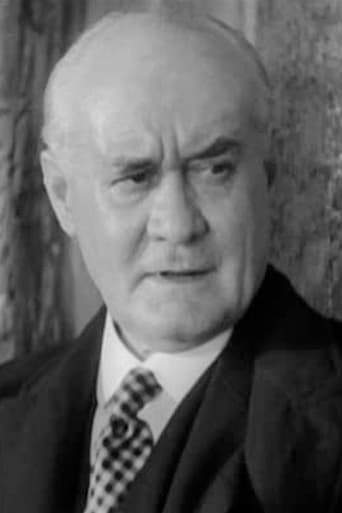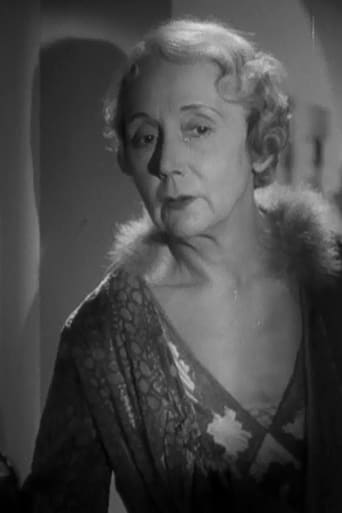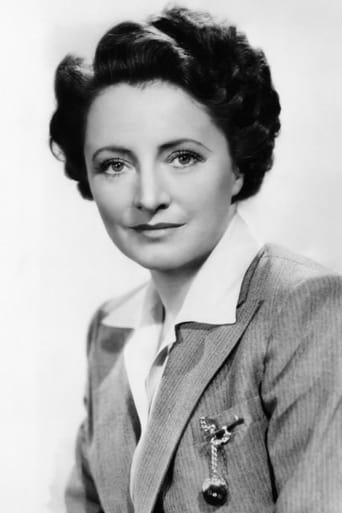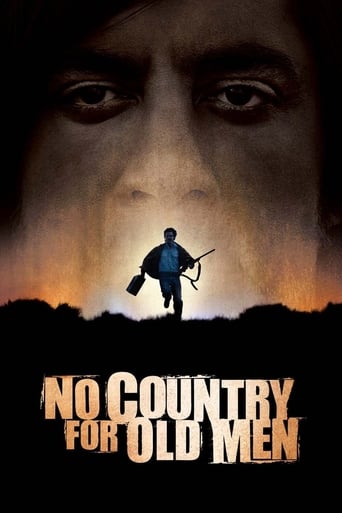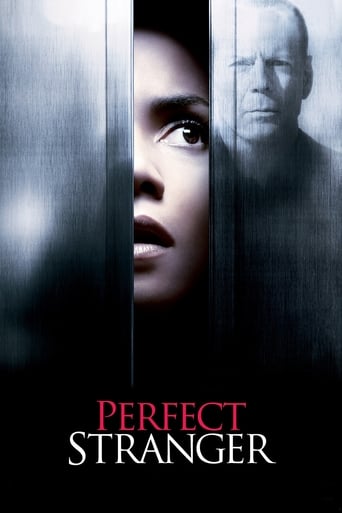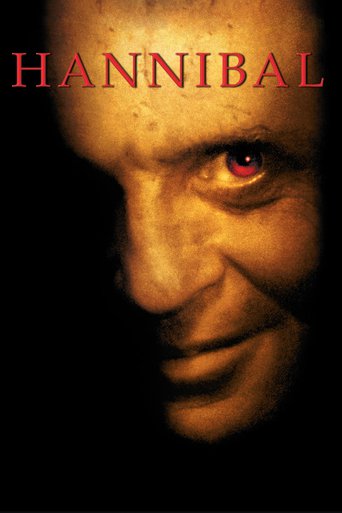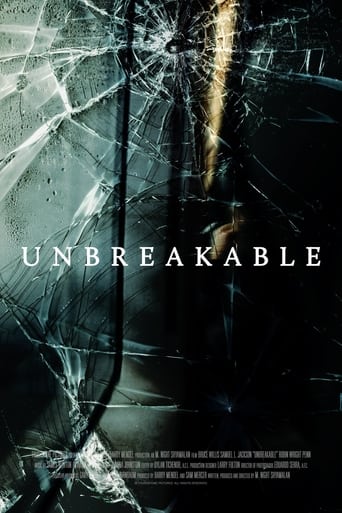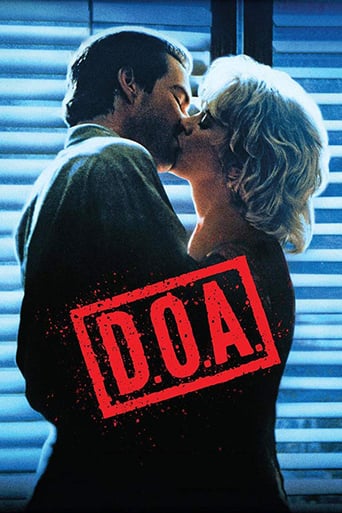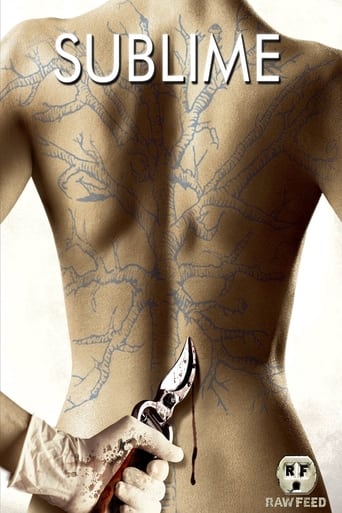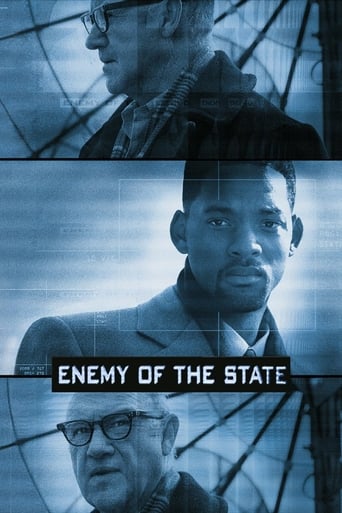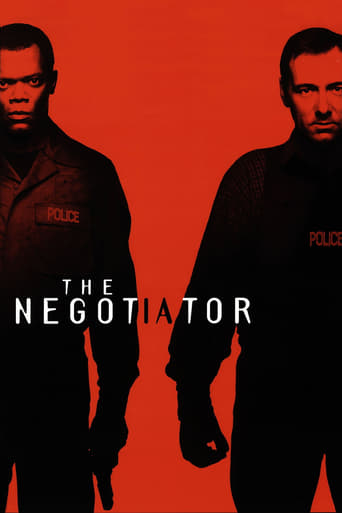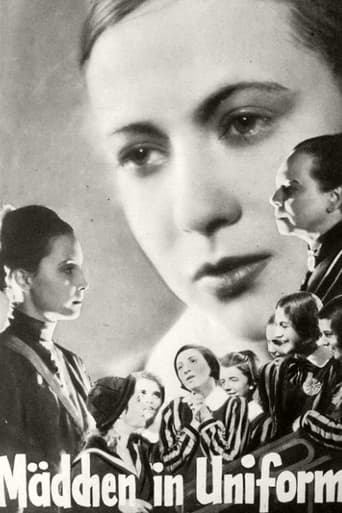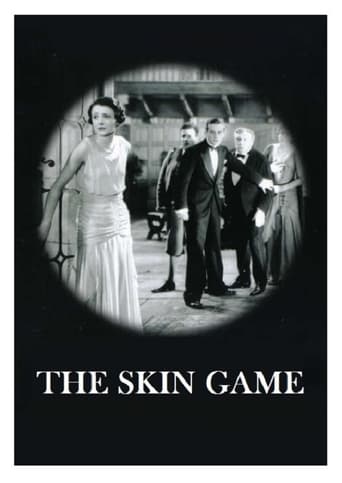
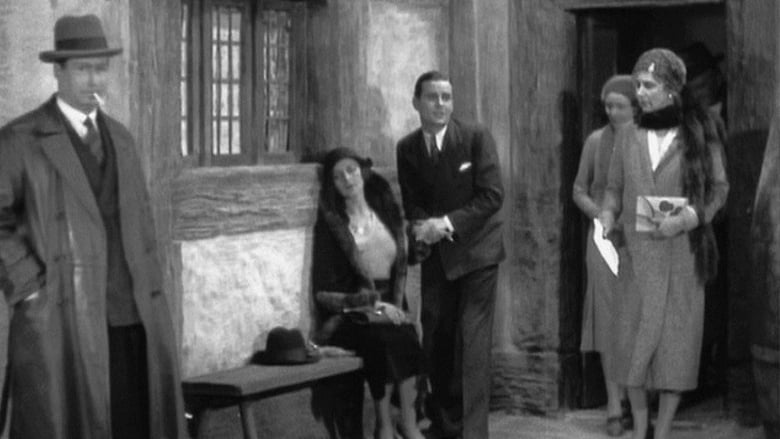
The Skin Game (1931)
An old traditional family and a modern family battle over land in a small English village.
Watch Trailer
Cast


Similar titles
Reviews
Very best movie i ever watch
Sorry, this movie sucks
Disapointment
A film with more than the usual spoiler issues. Talking about it in any detail feels akin to handing you a gift-wrapped present and saying, "I hope you like it -- It's a thriller about a diabolical secret experiment."
Not your typical Hitchcock Movie but it cannot be denied His flourishes that make this Filmed Stage Play more than its Source Material. It is a strong Story Socially commenting on Industrial intrusion into Virgin Territory and the displacement of the Lower Classes. The Writing makes its point Dramatically and it is a Timeless Tale from the beginning of the Industrial Revolution.Then there's Movie Man Hitch who will not be denied some Fun and Artmanship and it is quite evident on a number of occasions in the Film that this is being Crafted and not just Played Out. The Camera Special Effects come alive at times and elevates this from the Stage and onto the Screen.There is Irony and much Pathos here along with some thought provoking Societal Traditions and implied, but not always a Living Moral Code. These types of things would emerge now and then in Hitch's Movies, but were hardly ever Central to, or the Motivation of the Plot. But in this early Work He was bound by Contract so He took this and made it His own.Worth a view for more than just Hitchcock completest. This has admittedly dated Technology and Acting Style but is nonetheless Good, early Sound, British Movie Making and the Story is anything but Time Stamped. Not a Classic, but Classical in many ways. Underrated.
John Galsworthy was one of the most popular British novelists of the early twentieth century - his main claim to fame was "The Forsyth Saga" a long series of books following the fortunes of an extended family, principally the older son Soames and his obsession with wealth and property. He also wrote plays - most popular was "The Skin Game".The plot dealt with two families of differing social types in rural England just after the the First World War. The Hillcrists have lived in the same manor house for generations. They are "old money" and the shambling Squire can be seen as a representative of the type of aristocracy who actually caused the Great War. The Hornblowers, on the other hand, are "nouveau riche" and the single minded father (stunningly played by Edmund Gwenn), much to the Squire's disgust has just evicted family retainers, the Jackman's, and plans to surround the Hillcrist estate with factories. Even though Hornblower doesn't have "ancestors" he believes the future belongs to his kind and that the Hillcrists are an anachronism and obstruction to prosperity.To me there is not much attempt to bring the play out from it's stage origins and the only time Hitchcock puts his stamp on it was during the auction scene (but that was also a highlight of the stage play as well). The camera catches the excitement and frenzy of a bidding war during the auction of "The Sentry" - a residential parklike acreage that Hillcrist wants to preserve as the last bit of open land. Hornblower is eventually the winner but due to the shenanigans of Hillcrist, is forced to pay twice it's value and he is furious. The Hillcrists are also angry but plan to get even after hearing of the dark past of Chloe, who is married to Charles, Hornblower's son. Jill Hillcrist (Jill Edmonds) stands in the middle, drawn to Rolf (Frank Lawton) but hating what the family stands for.Chloe was once a professional co-respondent employed by a London agency and Mrs. Hillcrist and their unscrupulous agent Dawker plan to use it to the family's advantage, even though the Squire is above such muckraking. The play was similar to Galsworthy's "The Forsyth Saga" in that it was about social change and the breakdown of conventional class structure. Written at the beginning of the 1920s, an era which saw the rise of the middle class - in the film represented by the ambitious Dawker. Among the players - Jill Esmond, at the time married to Laurence Olivier, went to Hollywood with him but never seemed to photograph as youthful or engagingly as in this movie. Frank Lawton also went to Hollywood where he starred in "David Copperfield". Edmund Gwenn had a massive career in Hollywood but he quickly found a niche in "kindly old gentlemen" roles and never had the variety he did in his British movies. John Longden was in a few early Hitchcocks, went to Australia for a few years and appeared in the controversial "The Silence of Dean Maitland" (1934).
This old Alfred Hitchcock film is extremely tough to watch, as the film (even by 1931 standards) has very poor sound and the print is pretty bad as well. Being a public domain film, it's been pretty much neglected. On top of this, the film's style is very old fashioned compared to products made by Hollywood at this same time. The simple fact is that the United States was leading the world in film technology at this point and other countries' films lacked clear and effective sound. Interestingly enough, the UK was pretty advanced in this area, as in some counties (such as Japan and China), silent films would be made well through the 1930s. However, despite this and despite the film starting very slowly, it's well worth seeing--but you need to be patient.The film begins with two rich families--the Hillcrists and the Hornblowers. The Hillcrists are "old money"--a bit snobbish and clinging to their ideals of class. The Hornblowers are "new money"--newly rich, not particularly sophisticated and angry that the old money treat them like riff-raff. In fact, the head of the family (Edmund Gwen) seems determined to teach the Hillcrists a lesson by buying up the land around their estate and turning it into factories and cheap housing! The Hillcrists, in a desperate move, send out investigators to see if there is any dirt they can use to stop the Hornblowers. Unfortunately, the Hillcrests ARE able to find some lovely dirt but despite this, the film ends in unexpected tragedy.The film, despite having terrible cinematography (the zooming shots are just horrible, heads cut off in many scenes and a jerky camera) and dull pacing, the film has such a strong story that it's well worth seeing. This is especially true since the film ends so well--leaving the viewer amazed at how well all the story elements work together. Sadly, this film could really use a remake--it's just too well written to be forgotten.
In one of Hitchcock's slowest moving films, we see the tense interaction between two feuding families with different plans for the future of their community. There is a piece of land at the center of the dispute, which one family wants to use to preserve a life of family and tradition, and the opposing family wants to use to build a scenery-killing but productive factory.The film is based on a play and is not only extremely slow moving, but Hitchcock, with the exception of only a few scenes, simply points and shoots throughout the majority of the film. In the film's defense, the script is exceptional, but the problem is that the film is a technical mess, with the sound quality coming and going with such extremes that at times no audible dialogue can be heard at all. You can catch the crackling pace of the script but there are so many scenes where the film drags almost to a stop and Hitchcock does little to make up for it.The pace picks up slightly when the scandal involving the daughter in law comes in, but compared to what we have come to expect from Hitchcock, both before and after this point in his career, cause this one to fall pretty low on the relevance scale. A curiosity piece for Hitchcock fans and completists, though.


